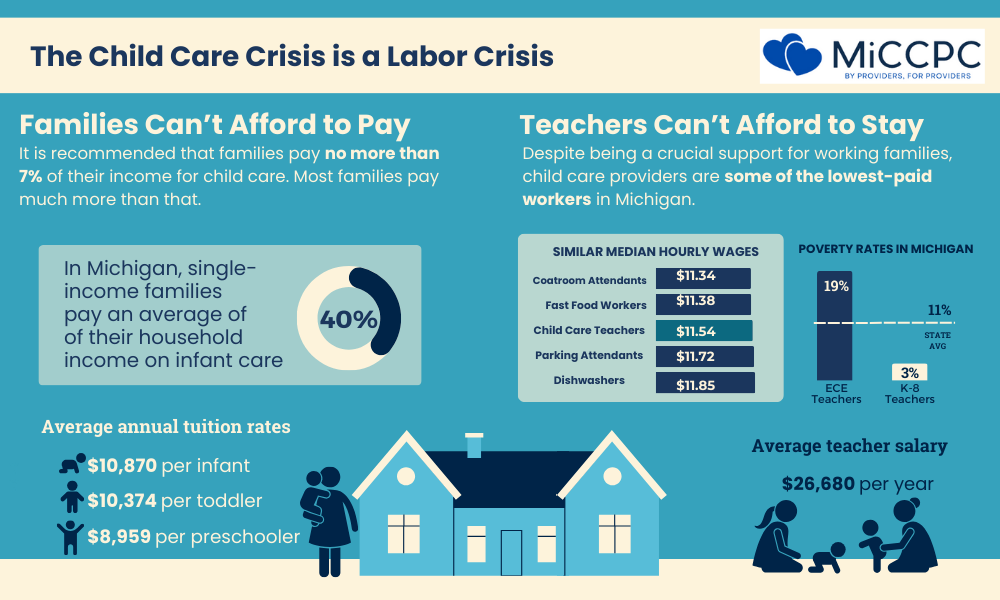Summer camps have been a staple of childhood development for decades, offering a structured yet enjoyable environment for school-age children during their summer break. These camps are more than just a fun getaway; they provide a multitude of developmental benefits that contribute to a child’s growth in several dimensions. From enhancing social skills to promoting physical health, the advantages of enrolling children in summer camps are vast and varied. In this article, we’ll explore some of the key benefits that make summer camps an invaluable experience for young learners.

Social Skills Development
Summer camps are an excellent venue for children to socialize and interact with peers from diverse backgrounds. Away from the structured settings of school, camps offer a relaxed environment where children can naturally make new friends and strengthen existing relationships. These interactions foster social skills such as empathy, cooperation, and effective communication.
- Team Activities: Participating in team-based activities helps children learn to cooperate with others to achieve common goals, an essential skill in both academic and personal settings.
- Diverse Social Exposure: Camps often bring together children from various regions, which enhances cultural understanding and acceptance among participants.
Enhancement of Physical Health
Physical activity is a core component of most summer camps, ensuring that children engage in plenty of exercise. The variety of activities available, from swimming and hiking to team sports, helps instill a love of movement and activity in young campers.
- Active Lifestyle: Daily physical activities at camp not only improve children’s fitness but also promote healthier lifestyle habits.
- Connection with Nature: Outdoor camps provide a valuable connection to nature, which can enhance mood and physical well-being through activities like hiking and camping.
Boosting Mental and Emotional Well-being
The informal and playful atmosphere of summer camps can significantly boost a child’s mental and emotional health. These benefits are particularly important in today’s fast-paced, high-pressure society.
- Stress Reduction: Being in a fun and supportive environment helps children unwind and reduce stress levels.
- Self-esteem and Confidence: Achievements at camp, whether in sports, arts, or social interactions, can boost self-esteem and confidence.
Educational and Skill Advancements
While primarily fun, summer camps also offer educational benefits that can help prevent the summer slide—the learning loss that can occur over the summer months.
- Academic Programs: Many camps offer specialized learning programs in areas like science, technology, and the arts, which can complement school education.
- Skill Development: Activities such as music, drama, and craft workshops encourage creative expression and skill development outside the traditional academic curriculum.
Independence and Personal Growth
One of the most significant benefits of summer camps is the opportunity they provide for personal growth through experiences that encourage independence.
- Decision-Making Opportunities: With the guidance of camp counselors, children learn to make decisions about their daily activities and social interactions.
- Responsibility: Living away from home, even temporarily, teaches children about personal responsibility and managing their own space and belongings.
Conclusion
The benefits of summer camps extend far beyond just keeping children occupied during their school break. They are crucial for promoting social skills, physical health, mental well-being, educational pursuits, and personal growth among school-age children. As parents consider options for their children’s development, summer camps represent a valuable opportunity to support their growth in a fun, nurturing environment. Whether your child is an introvert, extrovert, athlete, or artist, there is a camp out there that can enrich their summer and provide benefits that last a lifetime.


